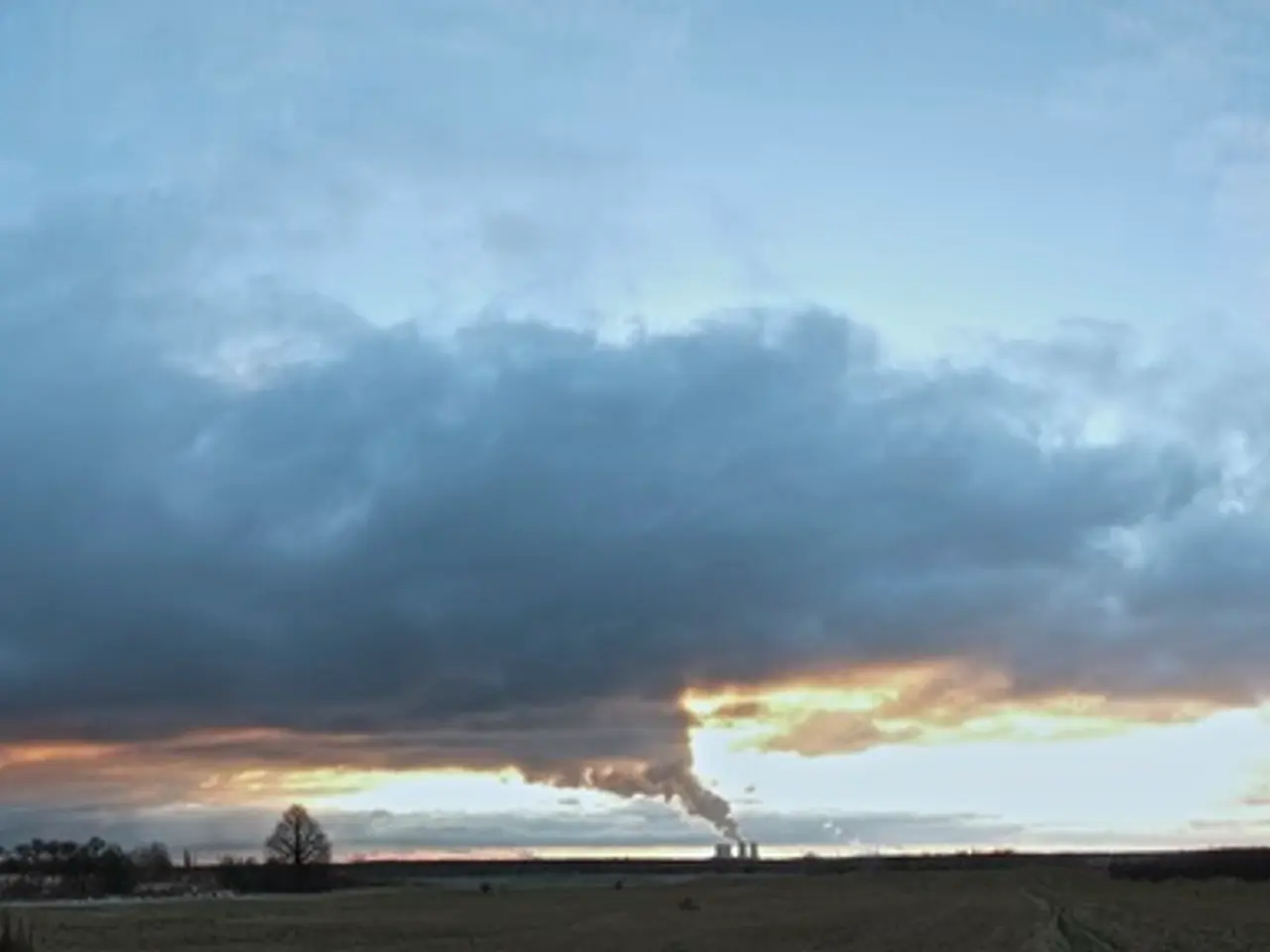Increase inlung cancer cases linked to PM2.5 levels and genetic alterations
In a concerning public health development, lung cancer cases among non-smoking women in Asia are on the rise, and new research suggests that fine particulate matter (PM2.5) air pollution and mutations in the EGFR gene could be key drivers behind this trend.
PM2.5: A Silent Killer in the Air
PM2.5, fine particulate matter smaller than 2.5 microns found in air pollution, is a major environmental risk factor for lung cancer in Asia, particularly among non-smokers. These tiny particles penetrate deep into the lungs and cause chronic inflammation, which can lead to cancerous changes.
EGFR Mutations: A Genetic Time Bomb
EGFR (Epidermal Growth Factor Receptor) mutations are genetic alterations frequently observed in lung cancers among East Asian populations, particularly in adenocarcinoma cases and notably more common in women who have never smoked. These mutations drive cancer cell growth independent of smoking-related carcinogens.
Mounting evidence links PM2.5 exposure to an increased prevalence of EGFR mutations, suggesting that toxic air pollution may induce or promote these oncogenic genetic changes in lung tissue. This is seen as a key molecular mechanism underlying lung cancer cases rising in non-smoking Asian women.
A Public Health Crisis Unfolding
The synergy of prolonged exposure to PM2.5 and susceptibility to EGFR mutations contributes to the public health crisis of lung cancer among non-smoking Asian women. This has led to calls for tighter air quality regulations, early cancer screening, and expanded understanding of lung cancer risk beyond smoking.
The Asian Scenario: Thailand's Struggle
In Thailand, the prevalence of EGFR mutations in lung cancer patients is even higher at 68%. Many lung cancer patients seek medical attention only when symptoms become severe. The number of lung cancer cases among Thai women is projected to reach 11,200 by 2030, a 35% increase from 8,300 cases in 2025.
Air pollution accounts for 15% of lung cancer cases in Thailand, followed by second-hand smoke at 5.8%, indoor air pollution at 4%, and occupational exposure at 4%.
Global Impact and Implications
Globally, more than 2.48 million people are living with lung cancer. Europe reports about 484,000 cases of lung cancer, or 19.5% of the global total. However, the relationship between PM2.5, EGFR mutations, and lung cancer is most pronounced in Asia, where these factors contribute significantly to the disease's increasing incidence.
Understanding these connections is crucial for developing targeted preventive measures and improving treatment strategies for lung cancer, particularly among non-smoking women in Asia. This knowledge could potentially save thousands of lives and help curb the rising tide of this deadly disease.
The Link Between Environmental Pollutants and Genetic MutationsThe air pollution in Asia, specifically the fine particulate matter (PM2.5), might induce or promote EGFR mutations, whose genetic alterations are frequent in lung cancers among East Asian populations, thus contributing to the rising incidence of lung cancer in non-smoking women.
A Global Health Priority: Addressing Lung Cancer in WomenAs lung cancer among non-smoking women, particularly in Asia, is on the rise and may be linked to factors like PM2.5 exposure and EGFR mutations, it is crucial to focus on public health initiatives aimed at improving air quality, promoting health and wellness, and enhancing environmental-science research, which could lead to targeted preventive measures and better treatment strategies.




